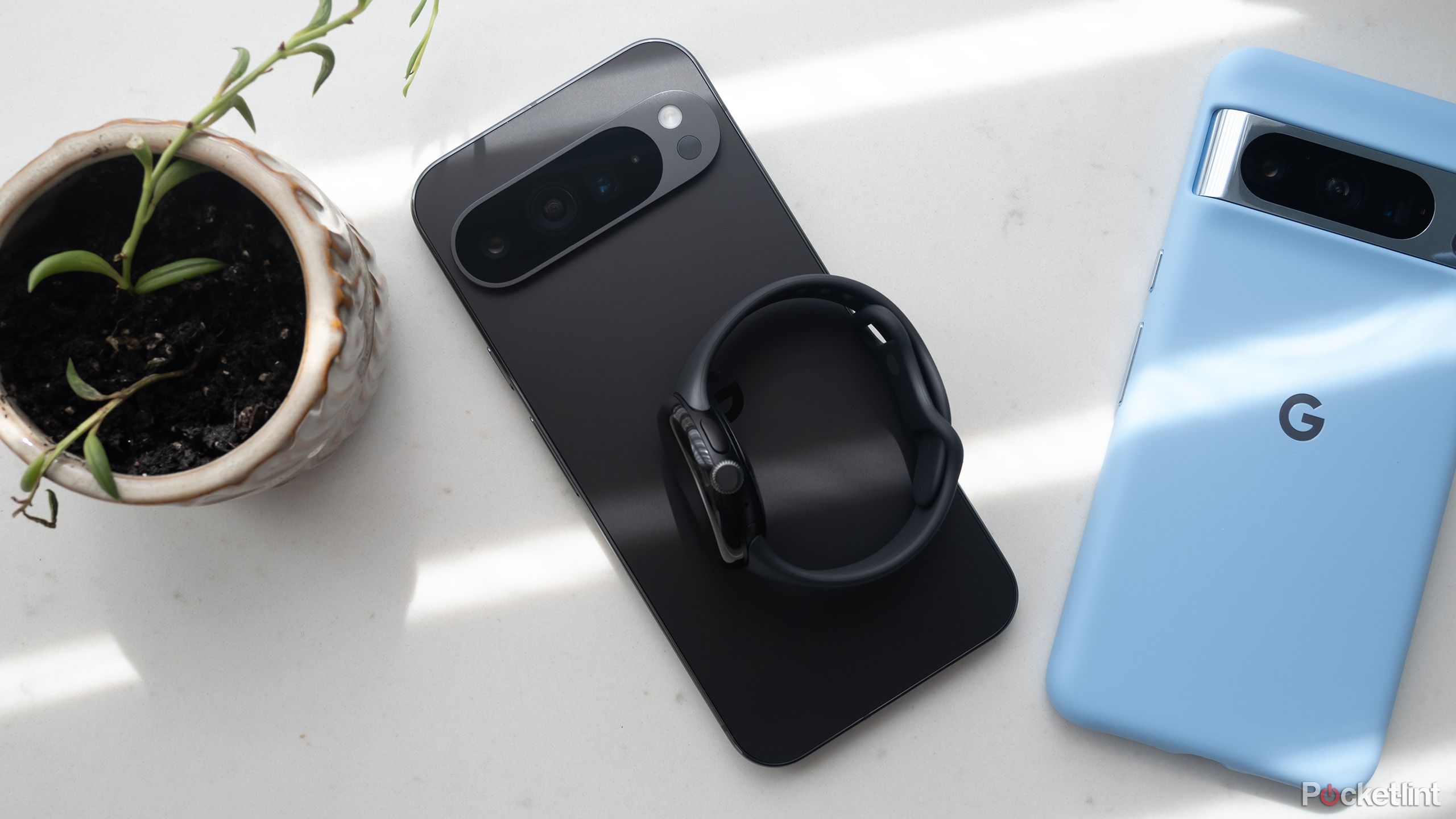Google is making it easier for Chrome users to read text from PDFs: Here’s what’s changing
Google has announced a new AI-based feature for Chrome browser on ChromeOS. The new feature is built upon the image description capability of the Chrome browser and will convert images to text for PDFs in Chrome browser on ChromeOS.
This feature will benefit users with low vision. Currently, the screen reader is not able to read pdf images that don’t have alt text (a description of the image embedded and readable by screen readers). By using optical character recognition (OCR) technology, the screen reader will be able to change the image to text and read it out loud.
The feature will be rolled out in the coming months and the company also plans to increase the functionality beyond Chrome later this year, although it hasn’t mentioned which platforms might get the upgrade, as reported by Engadget.
The announcement came as the company is joining educators and students at ISTE this week.
What else?
Google has also announced Education App Hub, which is a new tool where admins can find apps that work with Google for Education tools. Education App Hub has an app licensing feature that allows admins to buy and distribute apps from developers within Google Admin Console.
Admins can purchase apps such as Adobe Express, Concepts, ExplainEverything, Figma, Lumafusion, Squid and WeVideo directly from the developer and can distribute those licenses via the school directory in the Google Admin console.
In addition to this, Google has also announced new device management tools and settings in the Google Admin console to manage how “groups of students and educators can access sites, apps and more” in Chromebooks.
Furthermore, the company has introduced a new feature called ChromeOS Data Controls in the Google Admin console that will allow admins to create rules to restrict copy and paste, screen capture, screen sharing and printing from specific websites.
Later this year, Chromebook users will be able to control their camera and microphone settings across the operating system in one place, making it easier to turn them off when needed.
Meanwhile, Microsoft and Mojang Studios had launched a preview version of Minecraft: Bedrock Edition on Chromebooks back in March this year. However, at the time, the game was accessible to some Chromebook users across the world. Now, almost three months later, the game is available on all Chromebooks globally. Google declared that Minecraft is available on all eligible Chromebook models.
The company also said that interested Chromebook users can now purchase Minecraft: Bedrock Edition from the Google Play Store on Chromebook, which includes access to Minecraft Marketplace, and the ability to play on Realms.
The post Google is making it easier for Chrome users to read text from PDFs: Here’s what’s changing appeared first on Techlusive.

Google has announced a new AI-based feature for Chrome browser on ChromeOS. The new feature is built upon the image description capability of the Chrome browser and will convert images to text for PDFs in Chrome browser on ChromeOS.
This feature will benefit users with low vision. Currently, the screen reader is not able to read pdf images that don’t have alt text (a description of the image embedded and readable by screen readers). By using optical character recognition (OCR) technology, the screen reader will be able to change the image to text and read it out loud.
The feature will be rolled out in the coming months and the company also plans to increase the functionality beyond Chrome later this year, although it hasn’t mentioned which platforms might get the upgrade, as reported by Engadget.
The announcement came as the company is joining educators and students at ISTE this week.
What else?
Google has also announced Education App Hub, which is a new tool where admins can find apps that work with Google for Education tools. Education App Hub has an app licensing feature that allows admins to buy and distribute apps from developers within Google Admin Console.
Admins can purchase apps such as Adobe Express, Concepts, ExplainEverything, Figma, Lumafusion, Squid and WeVideo directly from the developer and can distribute those licenses via the school directory in the Google Admin console.
In addition to this, Google has also announced new device management tools and settings in the Google Admin console to manage how “groups of students and educators can access sites, apps and more” in Chromebooks.
Furthermore, the company has introduced a new feature called ChromeOS Data Controls in the Google Admin console that will allow admins to create rules to restrict copy and paste, screen capture, screen sharing and printing from specific websites.
Later this year, Chromebook users will be able to control their camera and microphone settings across the operating system in one place, making it easier to turn them off when needed.
Meanwhile, Microsoft and Mojang Studios had launched a preview version of Minecraft: Bedrock Edition on Chromebooks back in March this year. However, at the time, the game was accessible to some Chromebook users across the world. Now, almost three months later, the game is available on all Chromebooks globally. Google declared that Minecraft is available on all eligible Chromebook models.
The company also said that interested Chromebook users can now purchase Minecraft: Bedrock Edition from the Google Play Store on Chromebook, which includes access to Minecraft Marketplace, and the ability to play on Realms.
The post Google is making it easier for Chrome users to read text from PDFs: Here’s what’s changing appeared first on Techlusive.




